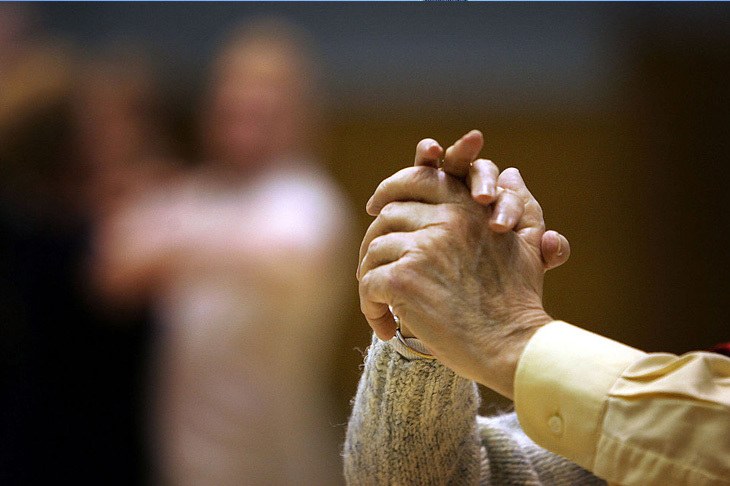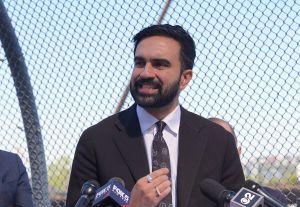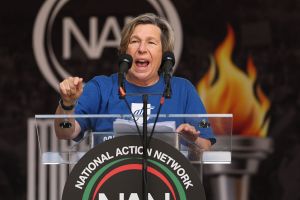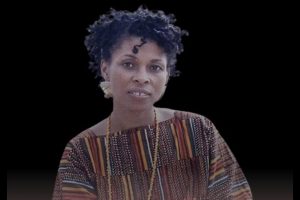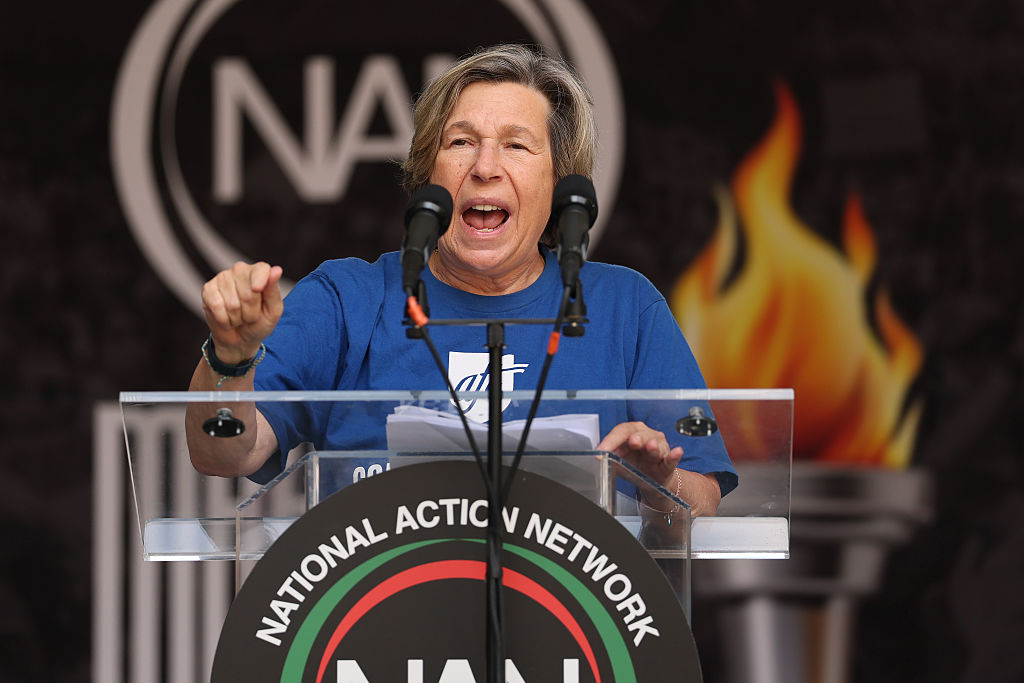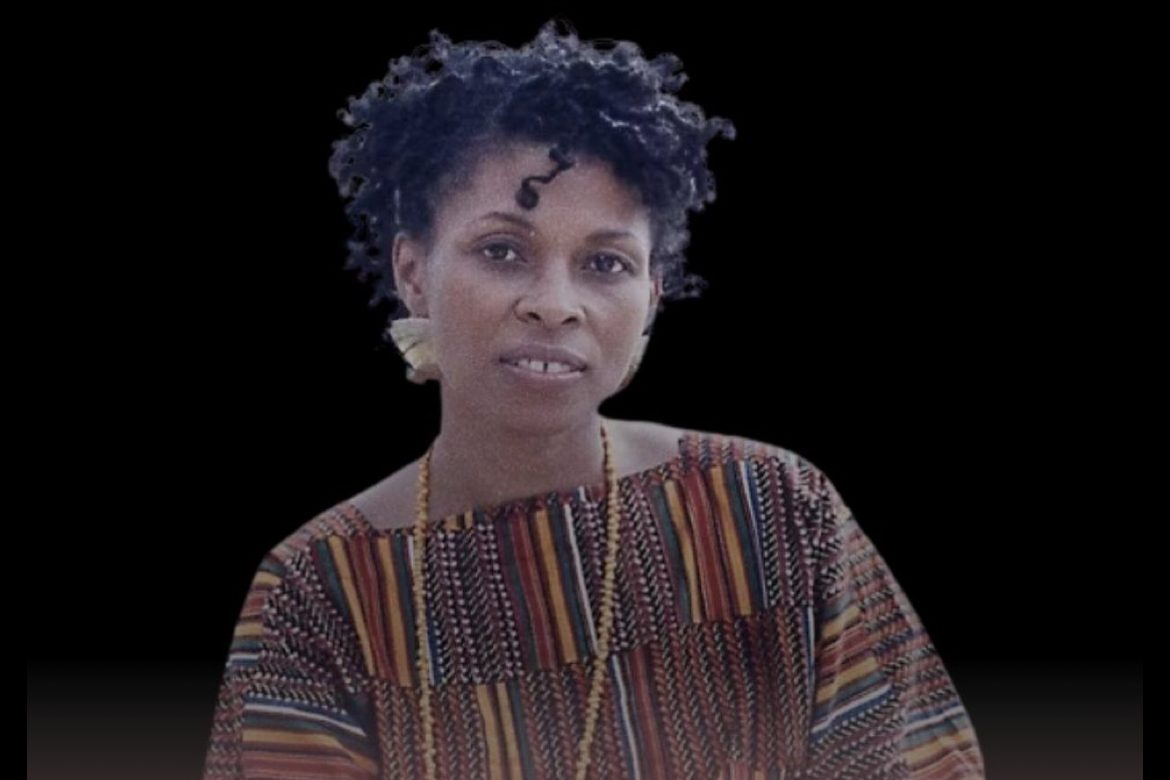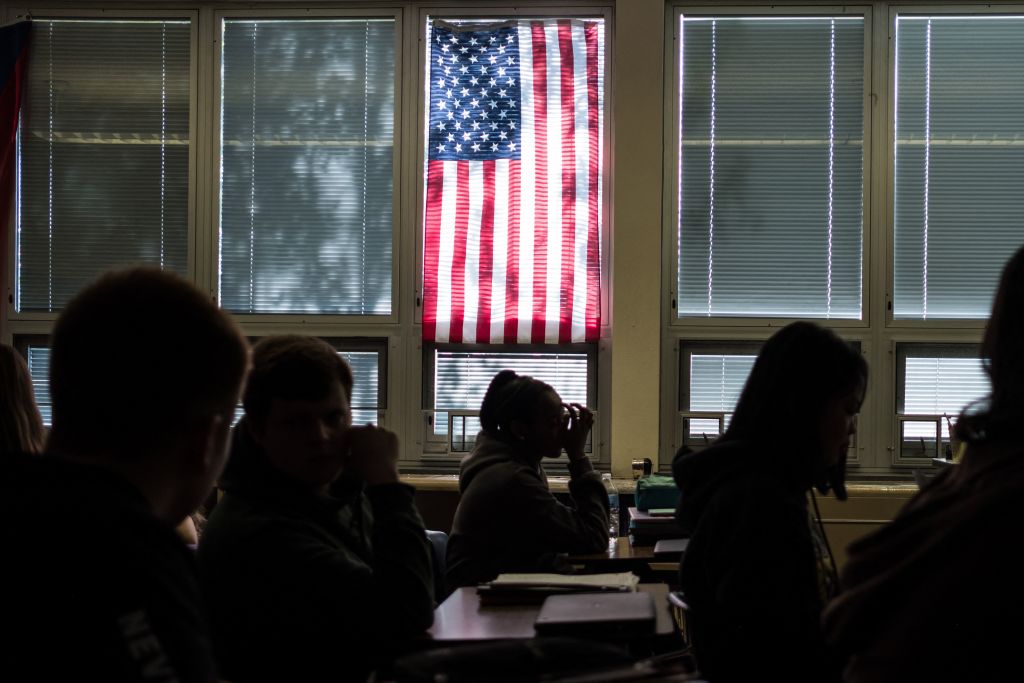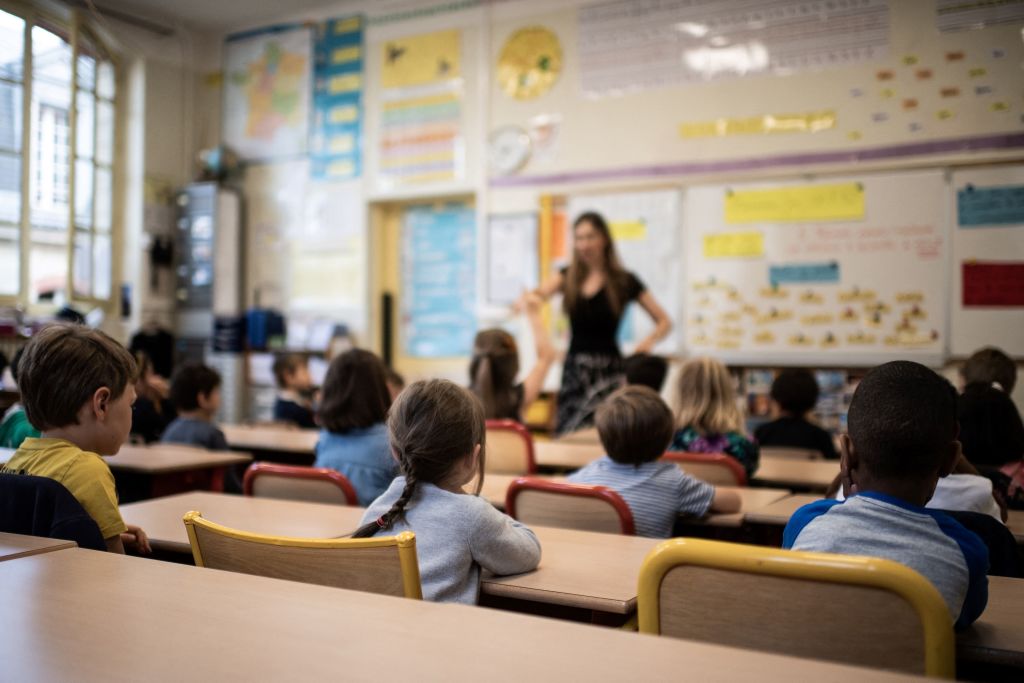By 74 it is easy to feel that you have seen it all, done it all, that nothing much surprises you any more. Striving gives way to coping. Drop a pencil and it rolls under the sofa. What you have to do is think about the best way to find it and pick it up. Problem. Do you get down on your knees and reach in under, which of course means you will have to get up again, or do you simply push the sofa away? Such problems don’t really bother you. You cope with it. You don’t reflect on growing decrepitude. It has been so slow coming, you have hardly noticed. Push the sofa away. Bend slowly, pick it up. Done. Straighten up. No one was watching. That’s good.
Even an unwelcome medical diagnosis does not surprise you. You cope because you have to. You know it’s what happens to us all. You’ve been lucky all these years. Now it’s your turn, stuff happens. That’s life, you tell yourself, or the other thing. Friends and family much younger have been ill, and suffered long; some have fallen off the perch younger than I am now. I’ve been a lucky old parrot. Just trust in the doctors and the nurses, lie there, forget the whirring and clunking of the machine, those life-prolonging rays beaming into you — thank God for Marie Curie — close your eyes and think of… well, not of poor old England, not at the moment. Too depressing. Think of something positive. I know. Marie Sklodowska-Curie was French and Polish, wasn’t she? Think how wonderful and beneficial it has been over the centuries, this open flow across borders of people and ideas and science and culture — yes, and trade. Think how hopeful that was for all of us. I say no more.
Well, what and who, besides Marie Curie, did I think of during my beaming time, locked inside my plastic mask, down in the wonderful radiology department at the Marsden? My thoughts turned often to our children and grandchildren, and our great-grandchild, and how their lives might be in this ever-changing world; and to other children who I have taught, who read my books, who write to me often, who I meet in schools or at literary festivals or in bookshops or in theatres. All of these young people gave me great cause for hope, for rejoicing.
I was a teacher for many years, nearly ten years at the coal face. I was idealistic and passionate about it, believing that I was part of a profession that might be undervalued and taken for granted, but we were, and teachers still are, the great enablers, crucial to the enrichment of young lives, to the fulfilling of potential in every child.
Most teachers are often not lucky enough to know the joy of discovering how the children they have taught have fared in the world. One year they are in your class, in your school, and then they move on. You lose them. Being a bit of a writer has meant that I have, from time to time, at this festival or that event, met up with some of the children who were eight once and have since spread their wings and flown. They are mothers and fathers now, teachers themselves or doctors, farmers and publishers, students and cooks. I am at Hay as I write this. It could happen again. And I love it when it does.
Take April, a primary school girl from an estate in Birmingham, who came down with her class and her teachers to live and work on the farm at Nethercott House in Devon. (Forty years ago Clare, my wife, and I founded Farms for City Children, a charity that enables city children to spend a week of their school year down on the farm.) She discovered for the first time where food really comes from, how it is grown. She was fascinated. The farm became an instant passion for her. Now in her forties she is a world-renowned cook, running six celebrated restaurants in New York. She is known in particular for working only with the best ingredients, whether vegetable, fish or meat. A few weeks ago we sat around our kitchen table in Devon with her old teacher from Birmingham whom she had not seen for 35 years, who had brought her all those years ago down to Nethercott. They went up to the farm, saw the city children at work, saw the pigs and the calves and the poultry. Tears were close. Full circle.
My children, my grandchildren, April and so many others too, oh lucky man! They were all the hope I needed, lying there in that hospital being healed. It wasn’t only the radiotherapy doing the healing. It was the memories of those children too. They helped me through, helped me to keep hoping, keep believing. They still do, every day.



